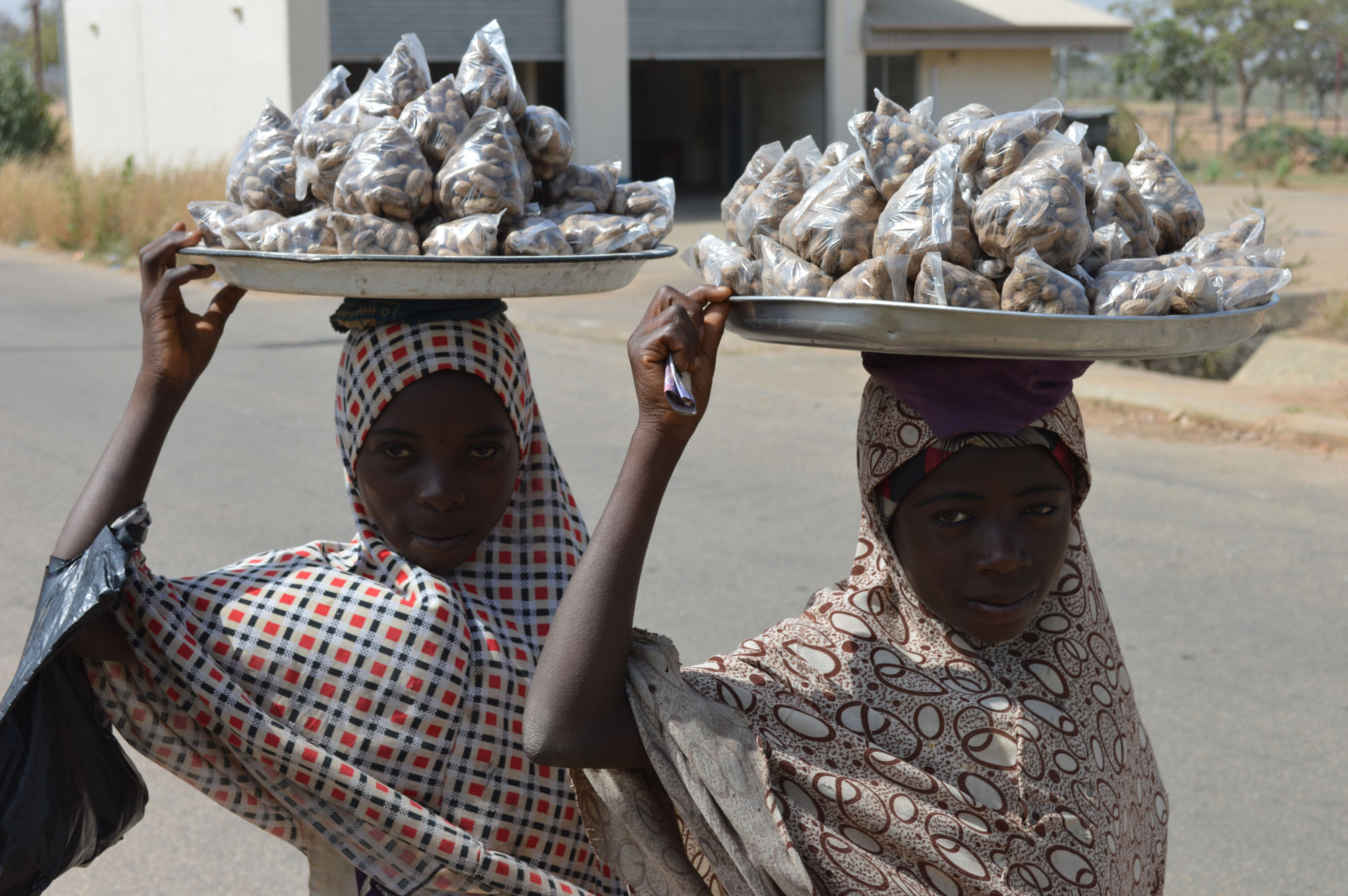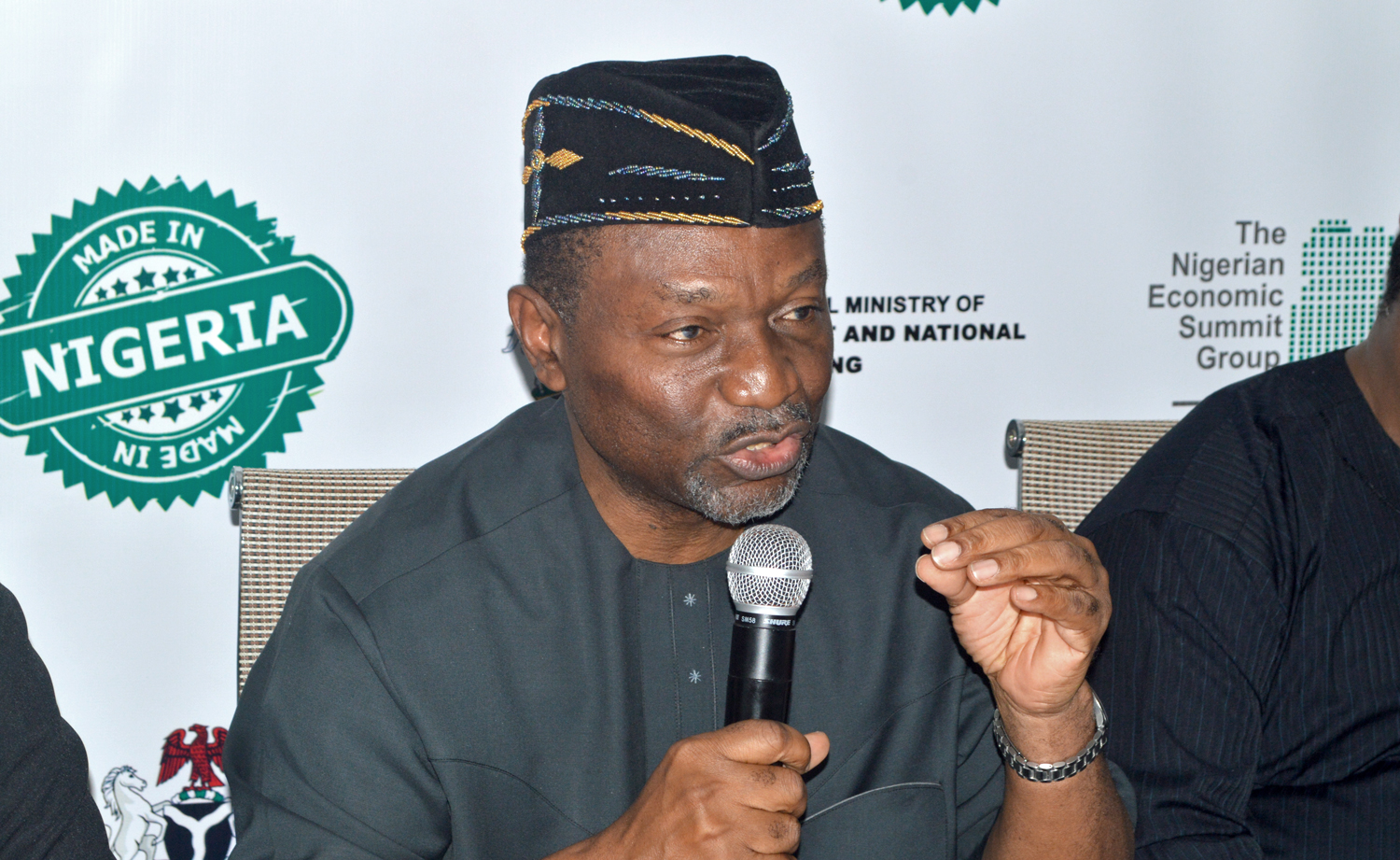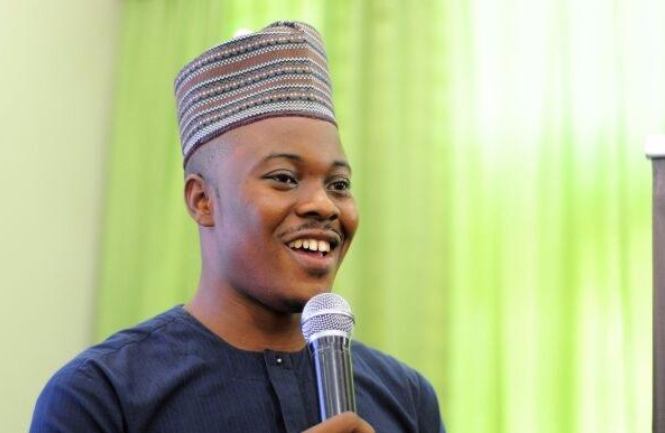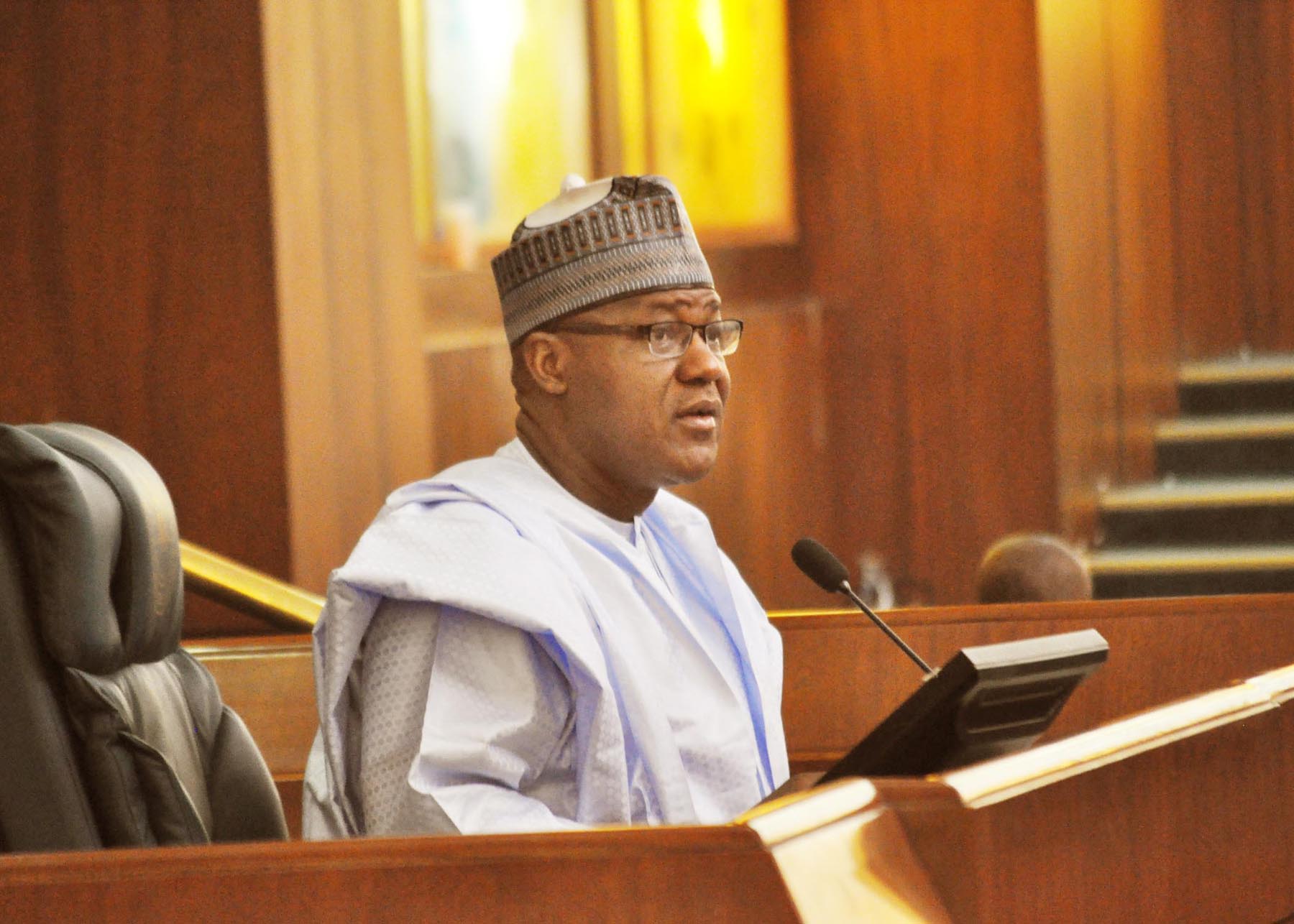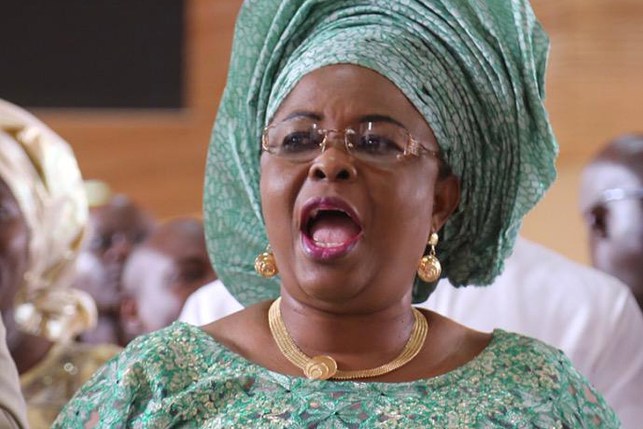Aisha Buhari, wife of the president, has said that the population of out-of-school teenage girls in Africa is alarming.
Buhari, who was represented by Asabe Bashir, deputy chairperson, house of representatives committee on women in parliament, made this statement at an event organised by the federal government in collaboration with the UN Population Fund (UNFPA) at the UN headquarters in New York on Wednesday.
The event was part of the ongoing 50th session of the UN commission on population and development.
“Out-of-school teenage girls, aged 10 to 19 years, represent almost a quarter of the female population in Sub-Saharan Africa.
Advertisement
“These girls are without opportunities to attend schools or complete their education because of severe economic, social and cultural issues.
“These issues include poverty; early, forced or child marriage; childbearing and motherhood; and lack of access to quality and timely reproductive health care services among others.
“The conditions are particularly worse for those girls caught in the web of insurgency. Thus, they are on the verge of losing the opportunities of achieving their aspirations.”
Advertisement
She said the event was Nigeria’s means of calling global attention to the three enumerated areas of investment that are prerequisite to realising the girls’ full potential.
The areas of investment are sexual and reproductive health, re-enrolment into formal schools to at least secondary school completion level; and skills acquisition and entrepreneurship.
“This event is also to showcase how a modest investment in their lives can make difference and accrue benefits that are important for realising the future we want in Africa.’
“The future that we want is reaping demographic dividends, achieving sustainable development and relevant Sustainable Development Goals (SDG) to our development aspirations.
Advertisement
“By this, Nigeria welcomes partnerships and collaborations that will support efforts in Africa. Such efforts must be tailored towards ensuring that these girls are not left behind as we strive to achieve the SDGs.”
Ghaji Bello, director-general of the National Population Commission, said the government should enforce laws that made provision for ensuring that children are educated to a basic level.
“We have the resources to do that in Nigeria and we have to hold our leaders accountable to the promises they made to the people.
“If our leaders can spend only 10 percent of the resources on those things which make life meaningful for the masses, there will be great improvements in the lives of the citizens.”
Advertisement
Add a comment

